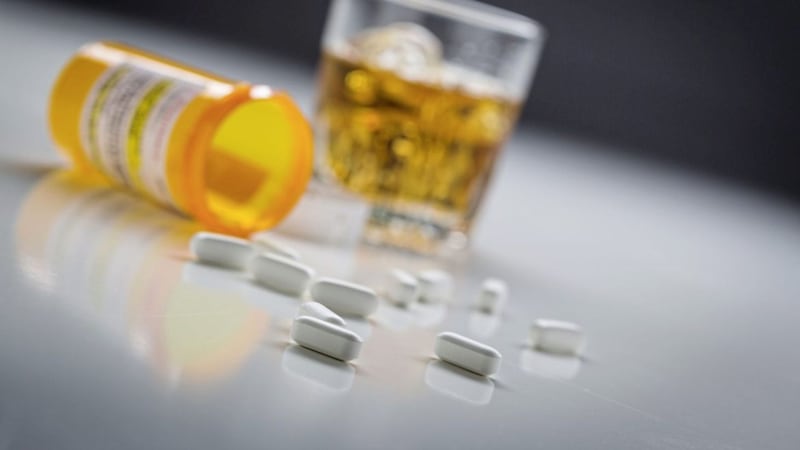I fell into the drink. Well, more precisely, I drove into it.
I came across a drunk man lying in the middle of the road at the height of the Troubles and because there was no hostel in the area to house him, I persuaded some of the local people to set one up.
Since that night, more than fifty years ago, I have been involved in alcohol and drug facilities and services.
I know how powerful, complex and cunning addiction is. I know that even the very best treatment is no guarantee that the man or woman who is addicted to drugs or alcohol will recover quickly or at all.
But I have also witnessed hundreds of people turn their lives around.
Life changes should be put down firstly to the desire and the efforts of the person themselves, but I always thought the quality of treatment had some hand in the outcome.
The academic studies that have been carried out in more recent years affirm that the quality of treatment has an effect for good.
Those memories have been evoked by the number and the range of articles this paper has carried over the last few months.
Sad stories from families who have lost love ones to the drink or the drugs. Concerned reports from coroners and police who are disturbed by the increasing numbers of young people whose lives are being destroyed by the availability of drugs and cheap drink.
And last week by the Belfast consultant reporting the frightening numbers of young women dying from damaged livers as a result of the quantity and frequency of their drinking.
Many of the articles in the paper had a recurring theme that there were few, if any, treatment facilities in the north and that the ones that did exist were difficult to access because of long waiting lists.
I would question the accuracy of the claims, but I have sympathy for the desperation that lies behind the cry.
The articles also highlighted a confusion in the public mind between detoxification and rehab.
Because of Amy Winehouse's song and a plethora of Hollywood films, the words trip off the tongue without a clear understanding of their distinctive roles.
For the greater part of fifty years the Northern Ireland government, usually the Department of Health, had a minimalist approach to the problem.
The statutory services, mainly mental hospitals in the early days, provided treatment for the physical consequences of addiction, called detox.
In addition to that it funded a regional facility in Belfast that provided both detox and rehab, the treatment that tackles the emotional and spiritual dynamics of addiction.
That facility would have been well known to Belfast people and to the many from other parts of the north who used its facility. It was called Shaftesbury Square Hospital. The department closed the facility way back in the late eighties.
The flavour of the time was to move as many services as possible into the community.
Ironically, the only hospital closed in all those years was the one that treated addiction.
We shouldn't be fooled into thinking that there has been any great political or civil service support for addiction services.
Facilities called community addiction teams were established in all health trusts and some money was channelled into a couple of voluntary organisations.
About eight years ago, after the commissioning responsibility was moved from the department to the Health Board, there was a review of services carried out.
It tinkered at the edges and, if anything, might have made things worse. There was no extra money put into services.
Nobody has any idea if the services we are now providing are poor, fair, good or very good. Nobody has any idea of what the outcomes of these services are.
Are they helping people at all, are they helping a little or a lot? There has never been a quality assessment of these systems.
I can tell you the number of people attending these services because the numbers are recorded and published.
But I can't tell you any outcomes. I can't tell you how and over what period the users of the services are responding; are they recovering, doing better or getting worse? I can't tell you because no-one has tried to find out.
If that lack of knowledge was happening in cancer, heart or any other medical service there would be an outcry.
Anthony Clare, the eminent psychiatrist, said addiction was the Cinderella of the National Health Service. Never a truer word was spoken.









